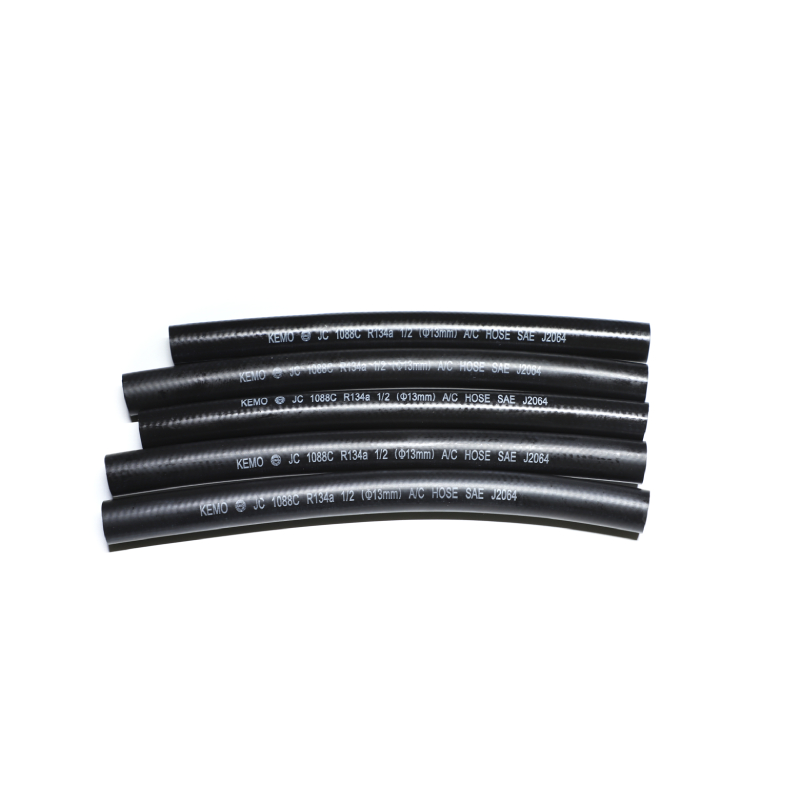Choosing the Right Long Gas Heater Hose for Your Heating Needs and Safety Considerations
Jul . 31, 2024 11:15 Back to list
Choosing the Right Long Gas Heater Hose for Your Heating Needs and Safety Considerations
Understanding Long Gas Heater Hoses Safety, Functionality, and Maintenance
When it comes to heating systems, particularly those powered by gas, the components that facilitate gas transport are crucial for safety and efficiency. One such component is the long gas heater hose. This article delves into the significance of long gas heater hoses, their applications, safety considerations, and maintenance tips.
What is a Long Gas Heater Hose?
A long gas heater hose is a specialized conduit designed to transport natural gas or propane from a gas supply line to a heating appliance, such as a water heater, furnace, or boiler. The length of the hose is essential for installations where the appliance is situated far from the gas source, allowing for flexibility in placement without compromising on safety or performance.
Typically made from durable materials resistant to high pressure and extreme temperatures, these hoses come equipped with fittings that can accommodate various types of gas appliances. The hoses are tested to withstand certain pressures and are manufactured to meet safety standards, which are crucial for preventing leaks and ensuring efficient gas flow.
Applications
Long gas heater hoses are versatile and find usage in several settings. In residential applications, they are often used to connect gas water heaters in basements or garages to gas mains located outside the building. In commercial settings, long hoses may be employed in restaurants, laundromats, or industrial heating systems where heat sources must be flexible in placement due to limited space.
Their flexibility allows for creative solutions in installation, enabling homeowners and professionals to position appliances as needed for optimal space usage and aesthetic considerations without compromising safety.
Safety Considerations
When dealing with gas hoses, safety cannot be overstated. Gas leaks can lead to dangerous conditions, including explosions and poisoning from carbon monoxide. Therefore, it is vital to choose high-quality hoses that meet regulatory standards.
Here are some key safety tips
long gas heater hose

1. Regular Inspections Routinely check the hose for signs of wear, damage, or leaks. This includes inspecting both the hose itself and the fittings that connect it to the gas supply and the appliance.
2. Proper Installation Always ensure that hoses are correctly installed by a qualified professional. This includes using the appropriate fittings and ensuring that there's no excessive tension or kinks in the hose.
3. Avoiding Hazardous Conditions Keep the area around the gas heater hose free from flammable materials. Ensure that the hose is not exposed to sharp objects, extreme temperatures, or corrosive substances.
4. Use of Leak Detectors Consider installing gas detectors in areas where gas appliances are used. These can alert homeowners to any gas leaks quickly.
Maintenance Tips
Maintaining long gas heater hoses is essential for ensuring their longevity and reliability. Here are some maintenance tips
- Clean Regularly Dust and debris can accumulate on hoses and fittings. Regular cleaning prevents buildup that could interfere with the hose's integrity.
- Check Connections Regularly tighten any loose fittings. Gas can escape from poorly connected hoses, which can be extremely dangerous.
- Age and Usage Keep track of the age of your gas hoses. Typically, hoses should be replaced every few years, but frequent usage or exposure to harsh conditions may necessitate more regular replacements.
Conclusion
Long gas heater hoses are vital components in gas-powered heating systems, providing flexibility in installation while ensuring the safe transport of gas to appliances. By understanding their importance, adhering to safety protocols, and conducting regular maintenance, homeowners and professionals can ensure the safe and efficient functioning of their heating systems. This not only enhances the efficiency of heating operations but also contributes to overall safety in gas usage.
